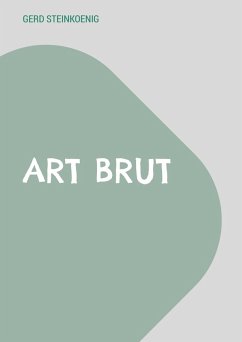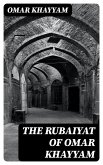In 'Layamon's Brut,' the early 13th-century poet Layamon presents a seminal Arthurian narrative that uniquely intertwines English and French linguistic traditions. This epic poem, composed in alliterative verse, serves as a historical chronicle and a retelling of the legend of King Arthur, embracing themes of heroism, loyalty, and the complexity of national identity. Layamon's work, believed to be inspired by earlier French and Latin sources, is notable for its rich imagery and emotional depth, reflecting a transitional moment in English literature where vernacular storytelling began to gain prominence. Layamon, an English priest from the Worcestershire area, stands as a pivotal figure in the evolution of Middle English literature. His desire to elevate English in an age dominated by French literary influence is evident in 'Brut.' His background and cultural context, rooted in a time of political turbulence and shifting allegiances, inform his emphasis on Arthurian motifs, making 'Brut' not just a romance, but also a commentary on societal ideals and aspirations of his day. Readers seeking an engaging and profound exploration of Arthurian themes will find 'Layamon's Brut' a captivating and thought-provoking work. It not only provides insights into the mythos surrounding King Arthur but also serves as a critical reflection of medieval societal values. This text is essential for anyone interested in the foundations of English literature and the development of national identity.
Dieser Download kann aus rechtlichen Gründen nur mit Rechnungsadresse in A, B, BG, CY, CZ, D, DK, EW, E, FIN, F, GR, H, IRL, I, LT, L, LR, M, NL, PL, P, R, S, SLO, SK ausgeliefert werden.









